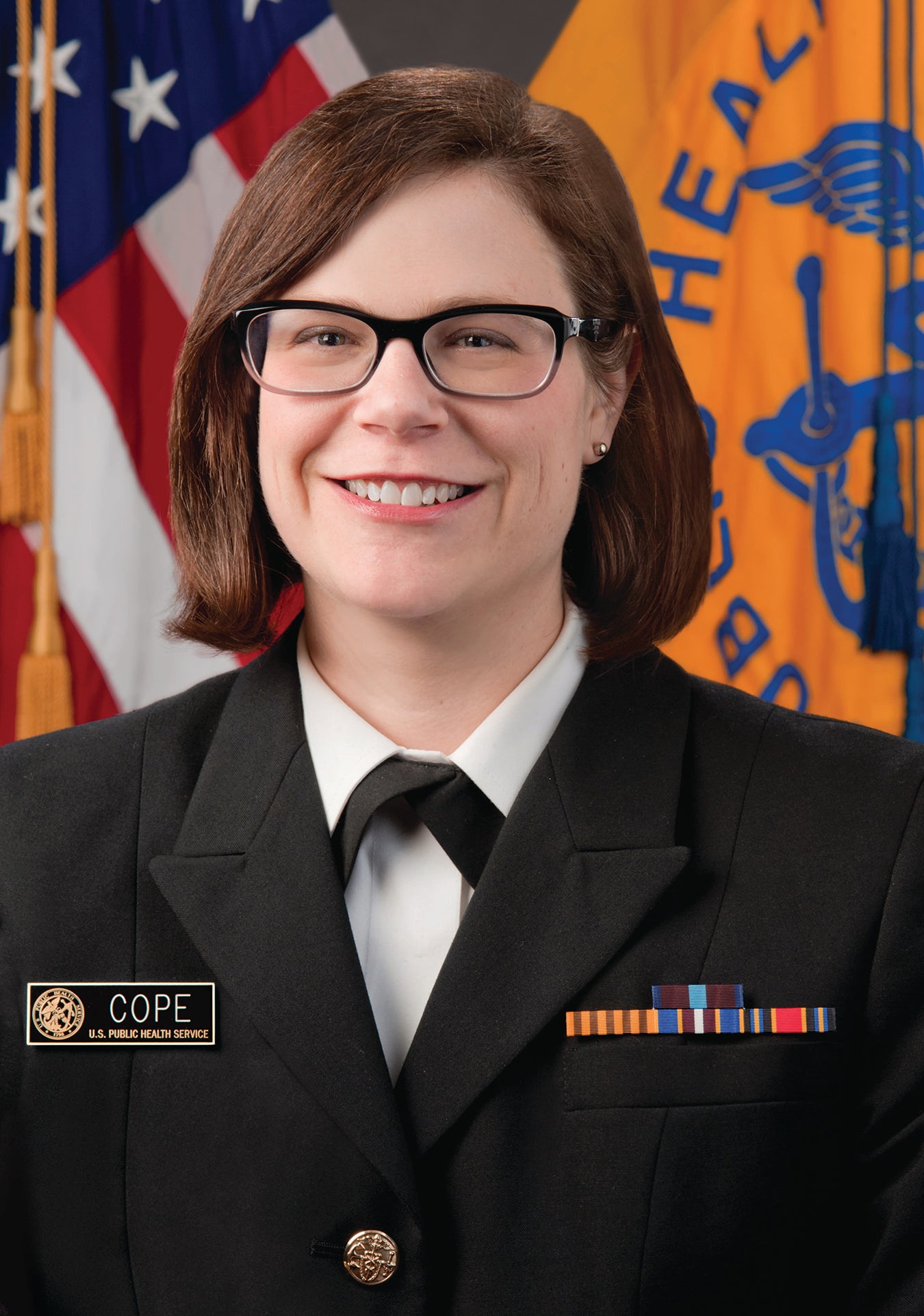 Anchoring their boat on a hot, August day, Jennifer Cope’s family and friends ready themselves for a swim. Before jumping in, the kids don life preservers and nose plugs, both of which Cope believes could be lifesavers. “When it comes to lakes,” she says, “I do think a little bit more carefully.”
Anchoring their boat on a hot, August day, Jennifer Cope’s family and friends ready themselves for a swim. Before jumping in, the kids don life preservers and nose plugs, both of which Cope believes could be lifesavers. “When it comes to lakes,” she says, “I do think a little bit more carefully.”
An abundance of caution comes with her job. Cope (MED ’04) is an epidemiologist for the Waterborne Disease Prevention Branch of the Centers for Disease Control and Prevention (CDC) and one of the world’s leading experts on ameba-caused waterborne illness. Amebae—single-cell, blob-like organisms—live in soil and fresh and salt water. Most aren’t harmful to humans, but there’s one species that can be fatal, Naegleria fowleri, commonly known as the “brain-eating ameba.” Found in warm bodies of fresh water, it’s known to enter the body through the nose and can lead to a lethal brain infection.
Such cases are highly unusual, Cope is quick to emphasize. The rate nationwide is one to eight infections a year, which, the specialist says, is still too many.
With her CDC colleagues, Cope is working to better understand and control the rare amebic disease. The team fields calls from physicians all over the United States who suspect their patients might be infected. As a department spokesperson, Cope keeps the public apprised of confirmed infections.
Her efforts and expertise are helping to keep more people safe to enjoy the waterside fun in the sun.
This article appeared in the Summer 2017 issue of Pitt Magazine.




